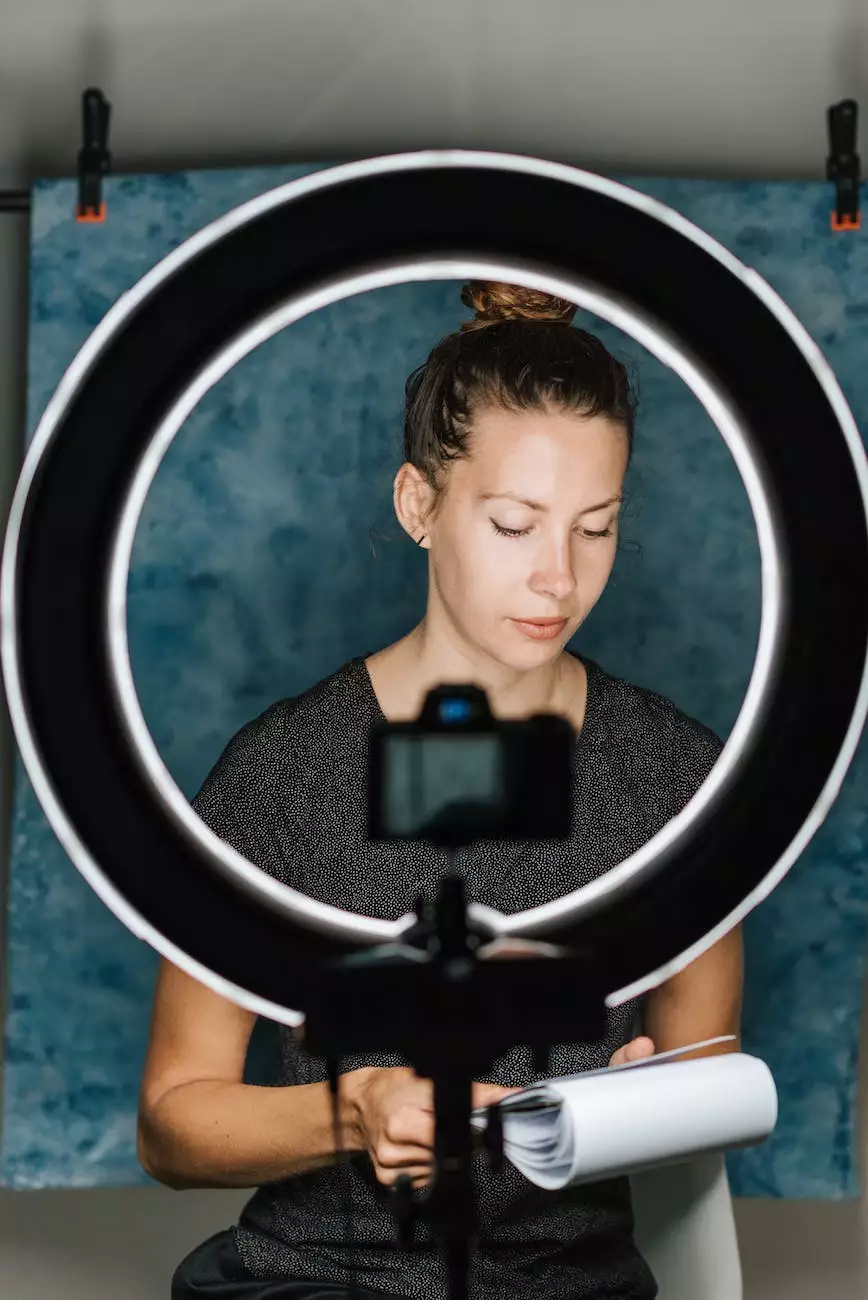Projection or LED Screens: Which is Best for Your Event?
Event Management
Welcome to Aperture Group, your trusted partner in the consulting and analytical services industry. In this article, we will explore the choice between projection screens and LED screens for your event needs. Whether you are organizing a conference, trade show, or any other gathering, the type of screen you choose can significantly impact the overall experience of your attendees.
Understanding Projection Screens
Projection screens have long been a popular choice for events that require large-scale visual displays. These screens consist of a reflective surface that reflects light from a projector, creating a high-resolution image. Projection screens are versatile and can be used indoors or outdoors, depending on your specific requirements.
When it comes to image size, projection screens excel at delivering larger displays, making them ideal for events held in spacious venues or outdoor settings. The ability to showcase visuals on a grand scale can elevate the impact of presentations, allowing your message to reach a broader audience.
Another advantage of projection screens is the flexibility they offer in terms of image quality. With advancements in technology, projectors are now able to produce sharp and vibrant visuals, ensuring that your content stands out. Additionally, projection screens are often more affordable than LED screens, making them a cost-effective option for event organizers.
Exploring LED Screens
On the other hand, LED screens have gained popularity in recent years due to their unique advantages. LED stands for Light Emitting Diode, and these screens consist of an array of individual LED modules that emit light to create an image. LED screens offer exceptional brightness and contrast levels, resulting in vivid and eye-catching visuals.
One of the key strengths of LED screens is their ability to provide excellent visibility even in well-lit environments. This makes them particularly suitable for events with a significant amount of ambient light, such as outdoor festivals or trade shows. LED screens also have a wide viewing angle, ensuring that every member of your audience has a clear and unobstructed view of the content.
Furthermore, LED screens offer endless possibilities for creative displays. The individual LED modules can be arranged in various configurations, allowing for unique layouts and shapes. This flexibility enables event organizers to add an extra touch of creativity to their visual presentations, making a lasting impression on attendees.
Choosing the Right Screen for Your Event
When deciding between projection screens and LED screens for your upcoming event, it is essential to consider several factors:
1. Venue and Environment
Take into account the characteristics of your event venue and the lighting conditions. If you are hosting an outdoor event during the day, an LED screen may be the better choice due to its brightness. On the other hand, if you have control over the lighting in an indoor venue, a projection screen can provide excellent image quality.
2. Desired Image Size
Think about the size of the visuals you want to display. If your event requires a large-scale display, a projection screen is a natural choice. However, if you need a compact screen with high pixel density for detailed images, an LED screen can offer the desired sharpness and clarity.
3. Content Type
Consider the type of content you will be presenting. If your event involves fast-moving visuals, such as videos or animations, LED screens with high refresh rates will ensure smooth playback. On the other hand, if your content primarily consists of static images or slides, a projection screen can deliver excellent image quality.
4. Budget Considerations
Lastly, analyze your budget and evaluate the costs associated with both options. Projection screens are generally more cost-effective, making them a suitable choice for events with limited financial resources. LED screens may have a higher initial investment but can provide a more modern and visually striking experience for your attendees.
At Aperture Group, we understand the importance of making informed decisions when it comes to event planning. Our team of experts can help you assess your unique requirements, considering factors like venue, content, and budget, to determine the best screen type for your event.
Conclusion
In conclusion, the decision between projection screens and LED screens for your event depends on various factors, including venue, desired image size, content type, and budget. Projection screens offer versatility, affordability, and the ability to deliver impactful visuals on a large scale. LED screens, on the other hand, provide exceptional brightness, viewing angles, and creative possibilities.
By considering the specific needs and objectives of your event, you can make an informed choice that will enhance the overall experience for your attendees. Contact Aperture Group today to speak with our experienced consultants and discover how we can assist you in choosing the best screen for your upcoming event.










